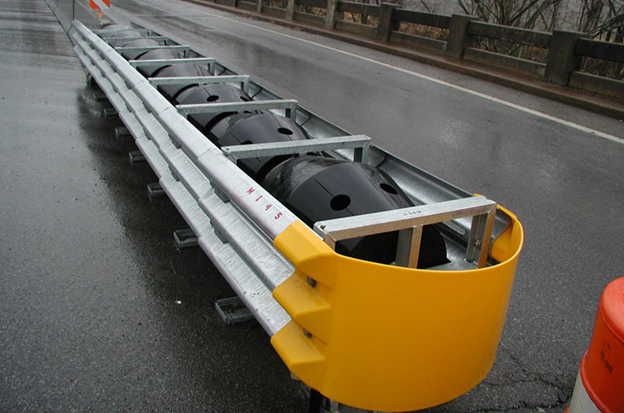The task of fleet management is intricate and multidimensional, requiring consideration of many facets of a car’s functioning. The starting system is one of this management strategy’s often neglected elements. The use of a vehicle depends on a functioning starter, thus maintaining and repairing one is a crucial component of fleet management. Through the integration of starting repair into fleet strategy, organizations may improve the lifetime and performance of their vehicles, minimize downtime, and eventually save operating expenses.
Recognizing the Value of Starter Systems
The unsung heroes of vehicle operation are the starters. They start the engine, making it possible for cars to start and go. Starting engines that are dependable may have a direct influence on day-to-day operations in fleet management, where operational efficiency is especially important. Long-term outages caused by faulty starters may create schedule disruptions and serious financial consequences. Maintaining the appropriate operation of starting systems benefits fleet logistics and service delivery as well as the health of the vehicles. For such works, choosing the Auto Repair in Hatboro, PA based service is essential.
Putting Regular Maintenance and Inspections Into Practice
Fleet managers should arrange regular inspections and maintenance into their operating schedules in order to ensure the dependability of starters. Frequent inspections may assist in spotting any concerns before they become serious ones. Think about creating a checklist that includes battery health, wire integrity, and starter health. The starting system’s longevity may be increased by doing tasks including cleaning the terminals, inspecting the system for corrosion, and confirming the battery’s charge level. Regular scheduling of these checks will support a more proactive approach to vehicle maintenance by revealing additional wear and tear and assisting in the maintenance of starting efficiency.
Stressing Employee Education and Awareness
Staff members must get the appropriate training in order to integrate starter repair into a fleet management plan. The signs of starter difficulties, which include strange sounds, sluggish cranking, or intermittent starting, should be recognized by both mechanics and drivers. By increasing staff knowledge, fleets can react quickly to possible problems and lower the likelihood of more extensive, expensive repairs. Training should include recommended practices for operating cars to reduce stress on the starter system, such as ideal starting methods and pre-trip inspections, in addition to fundamental mechanics.
Using Technology to Gain Data-Driven Understanding
Technology is being used more and more in modern fleet management to maximize efficiency and save expenses. Fleet management software may provide insightful data analytics on the performance of starters, spotting patterns that can point to underlying problems. Fleet managers may make data-driven choices in real time by including starter health measures into more comprehensive vehicle diagnostics. This proactive strategy may help ensure that new cars have dependable starting systems as well as timely maintenance. It can also guide purchase choices.





